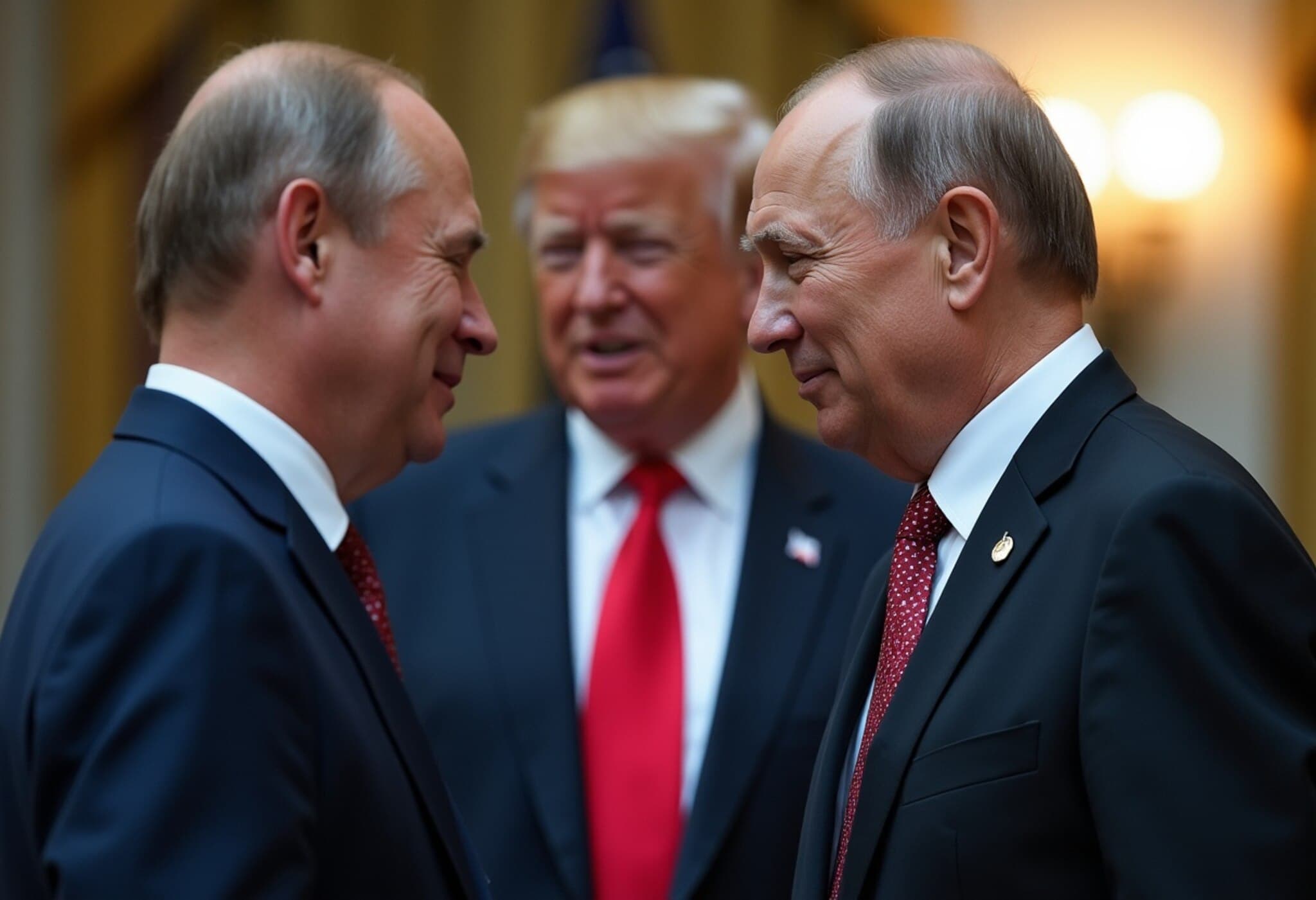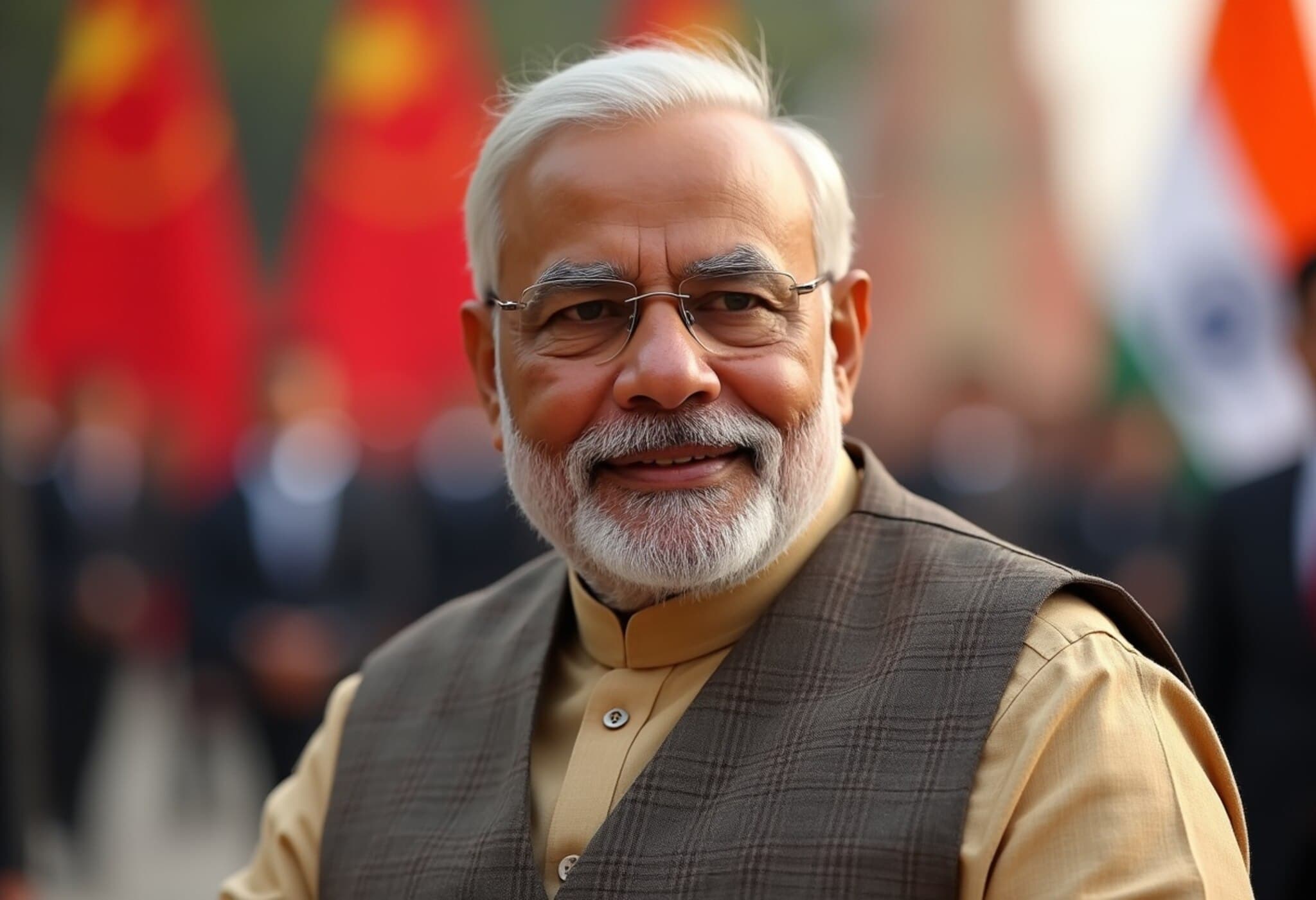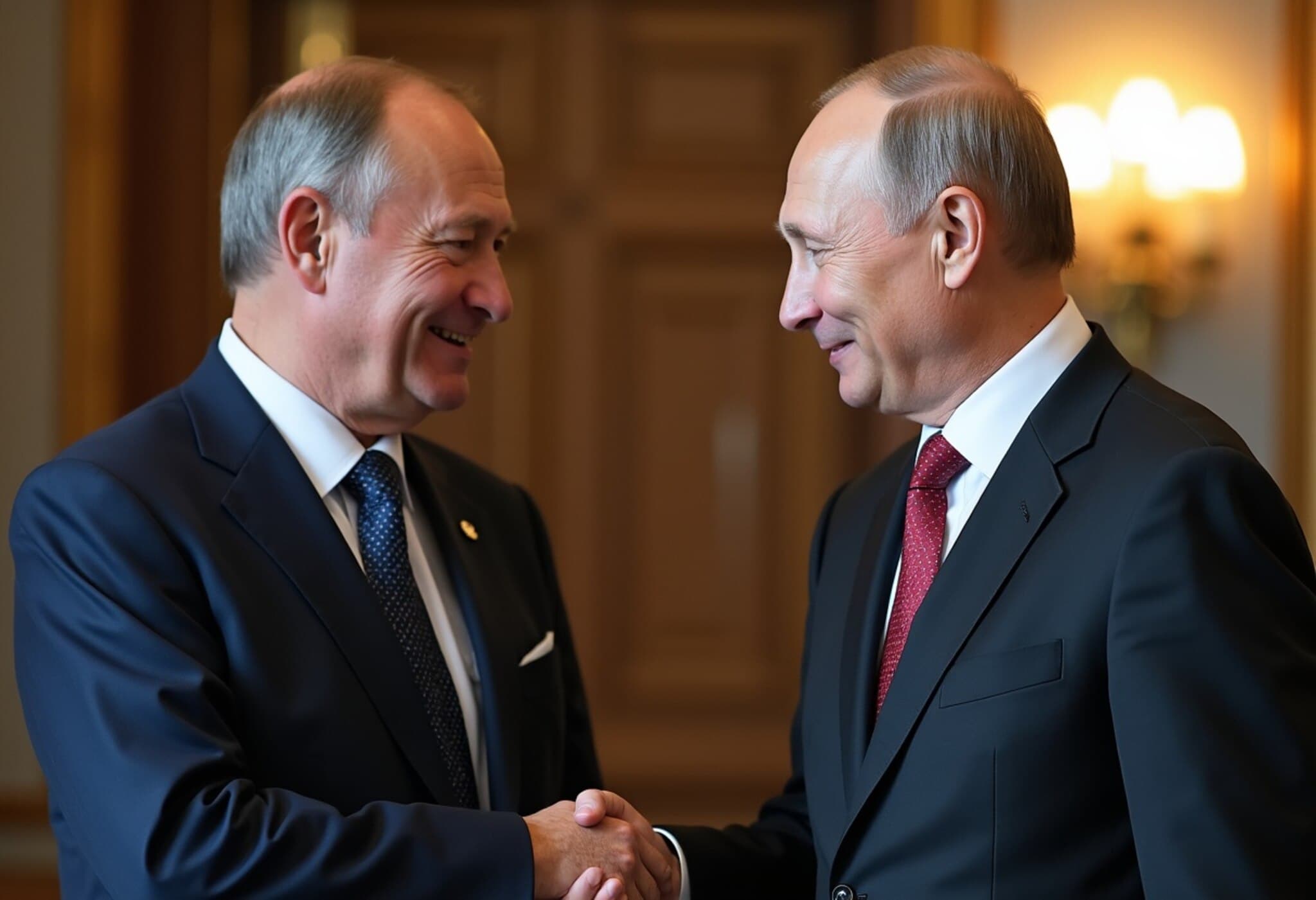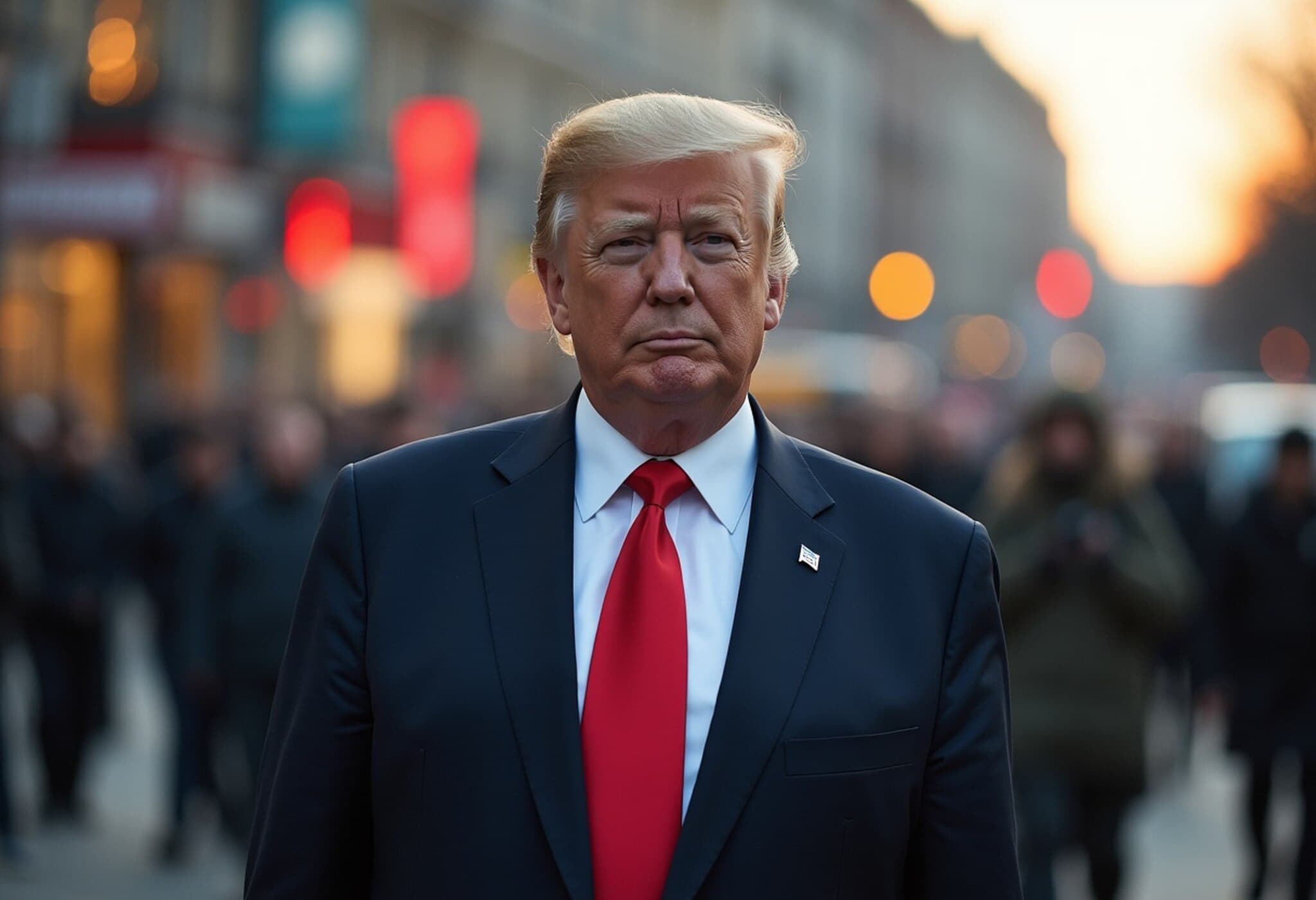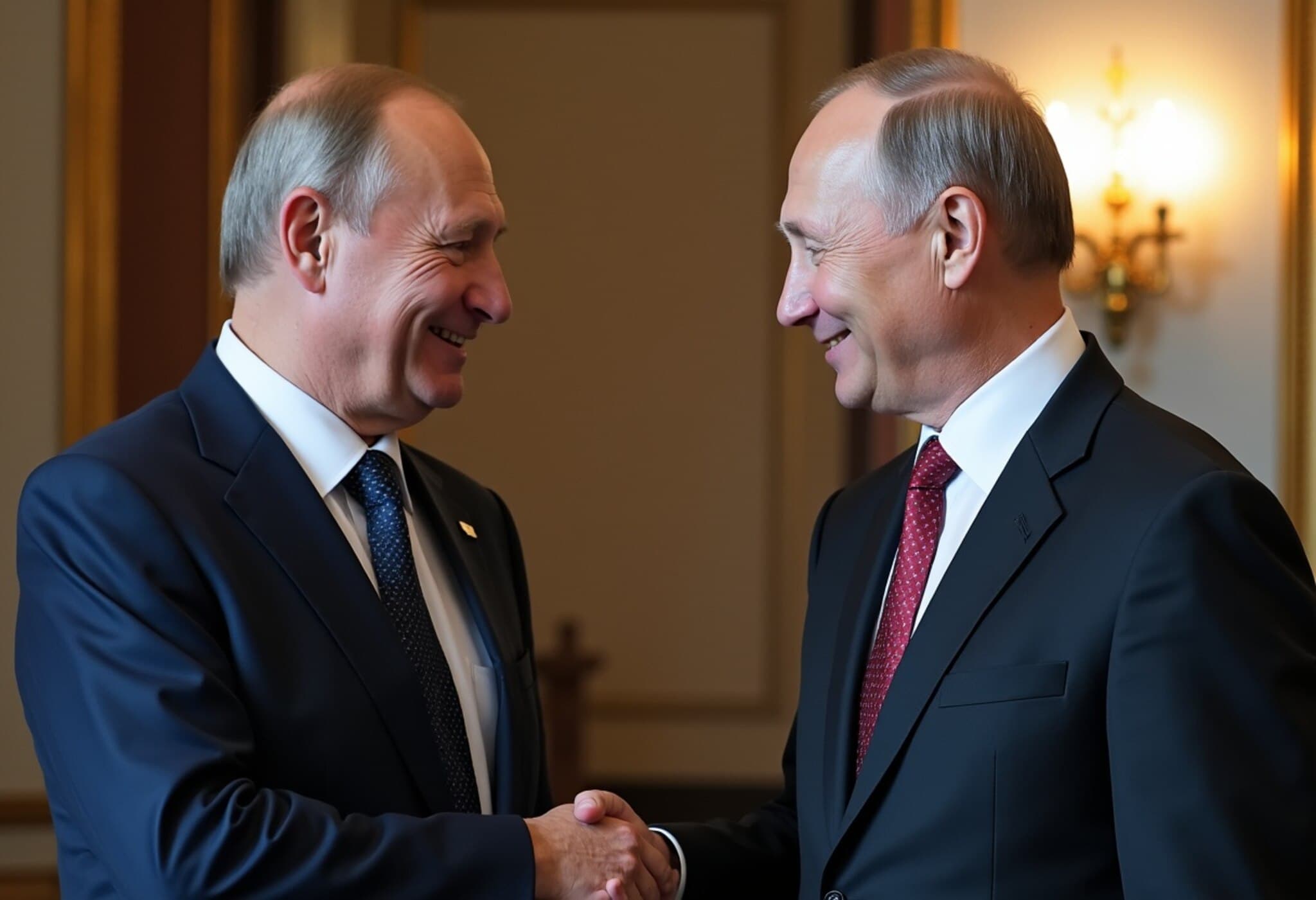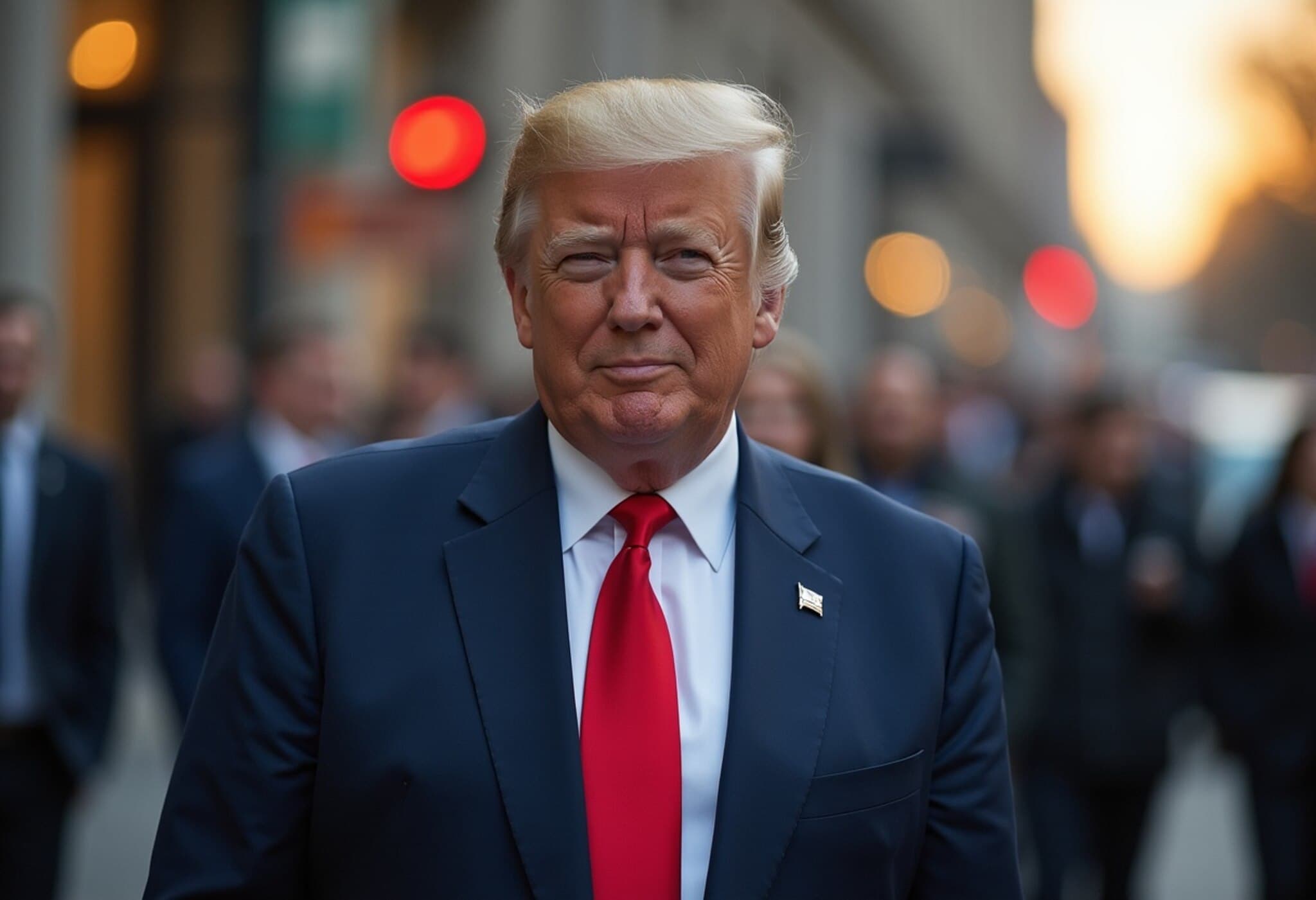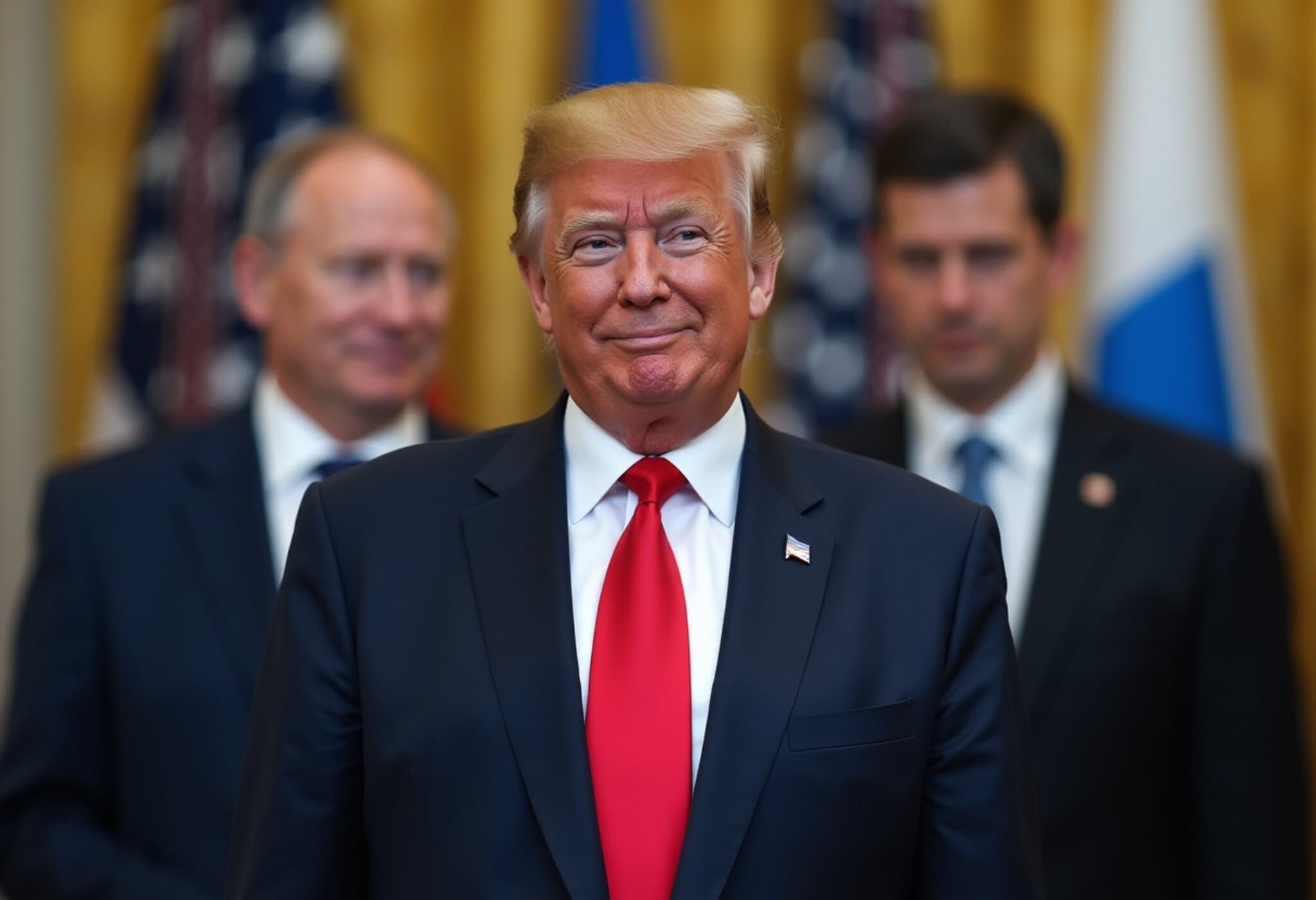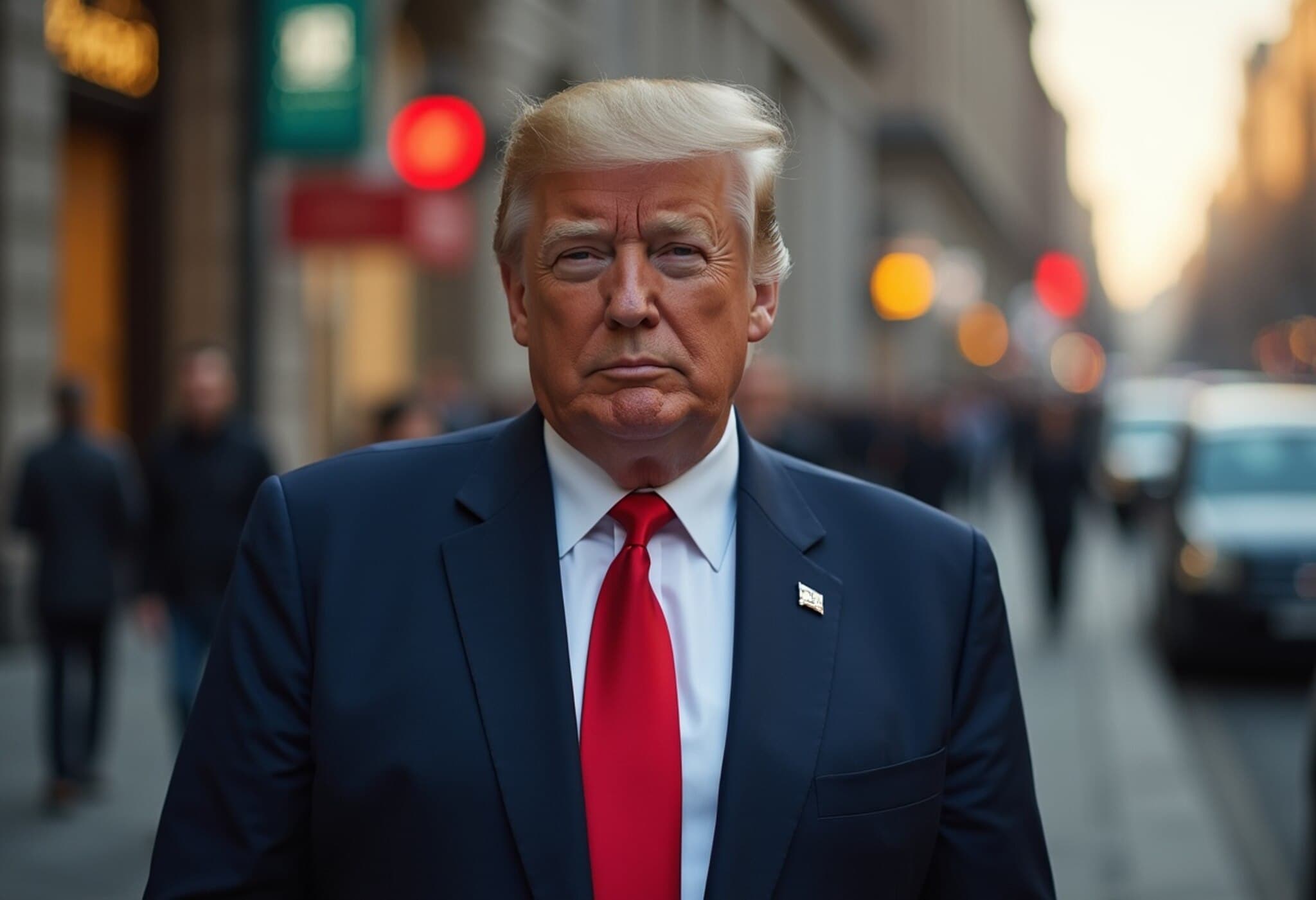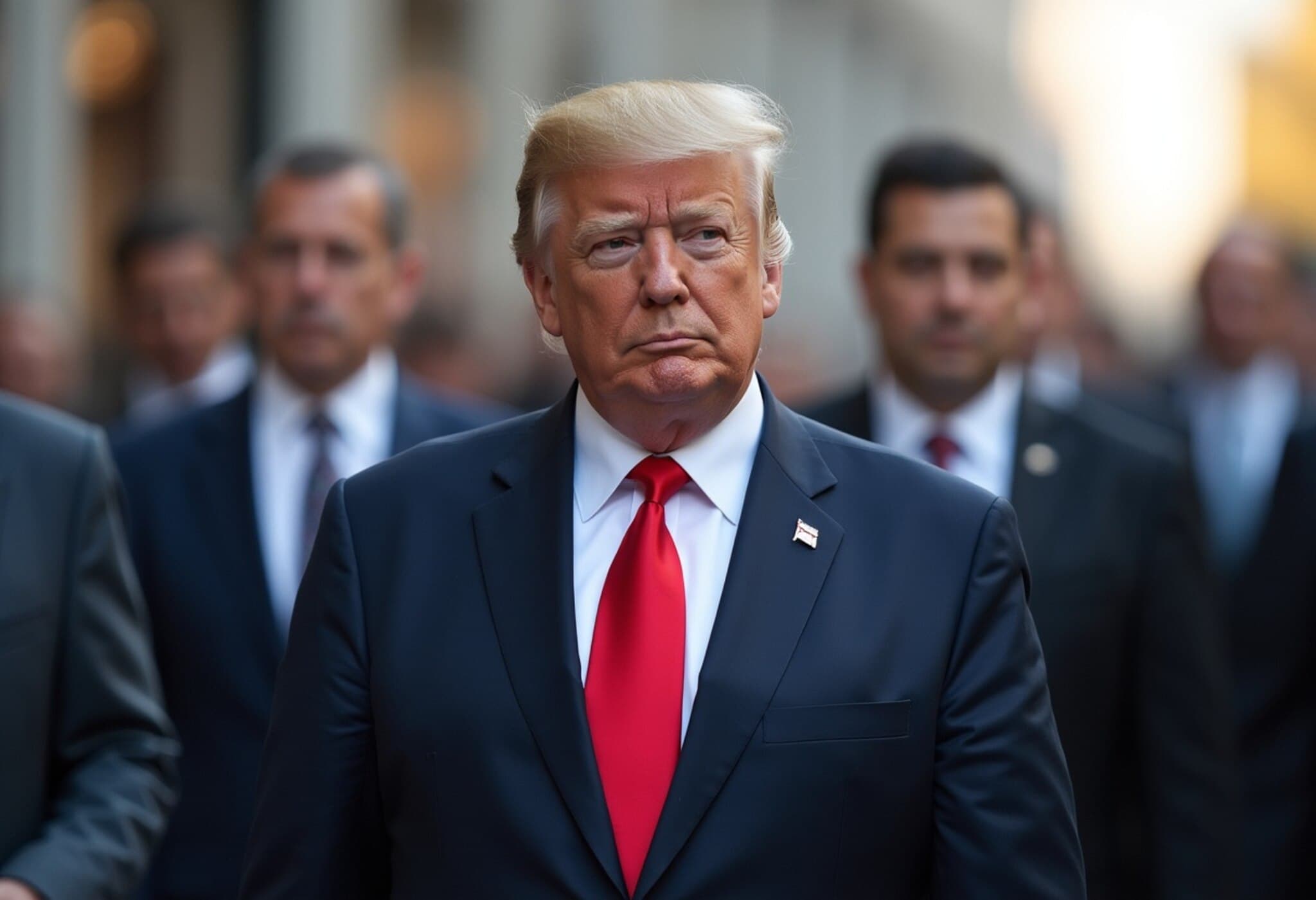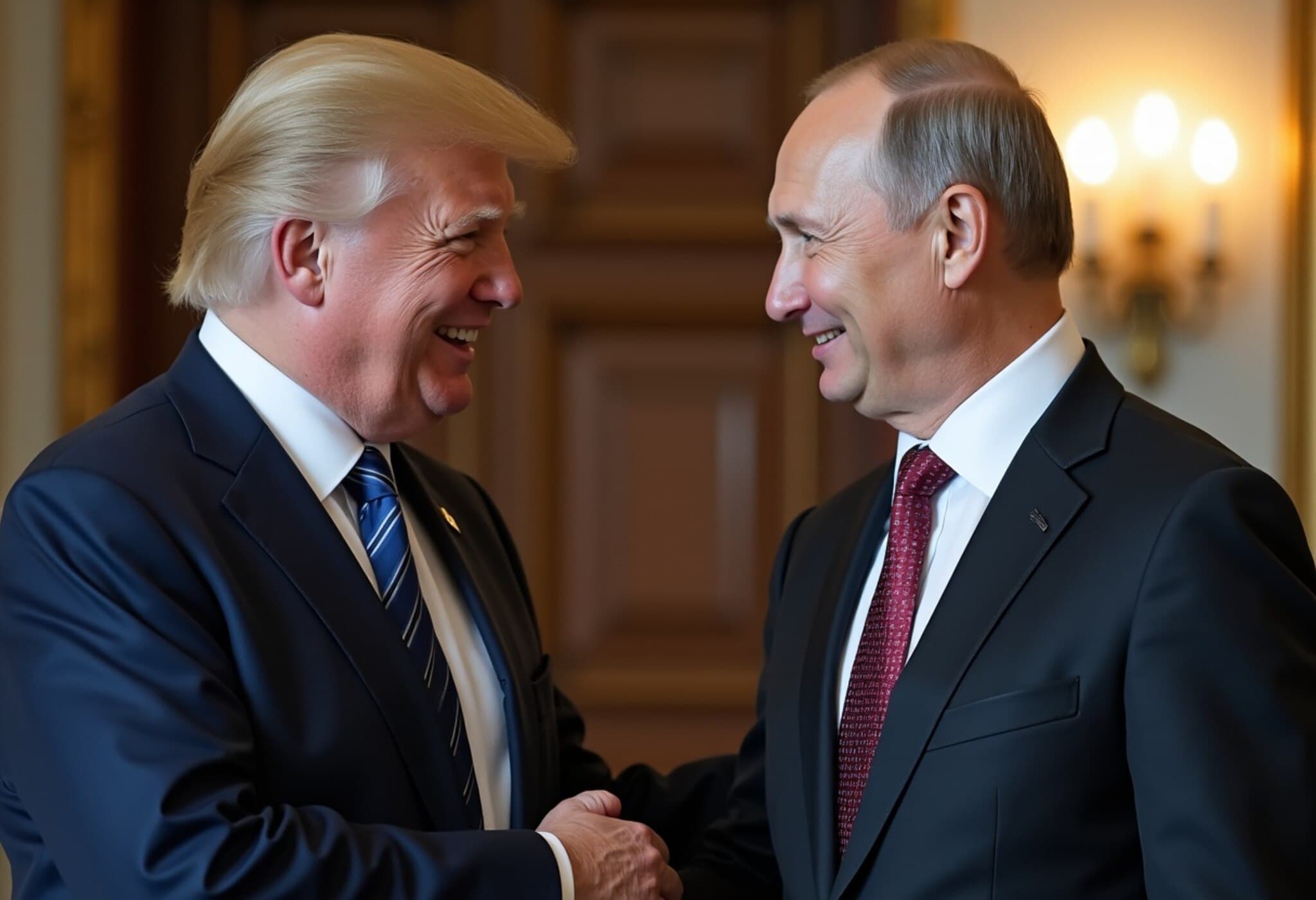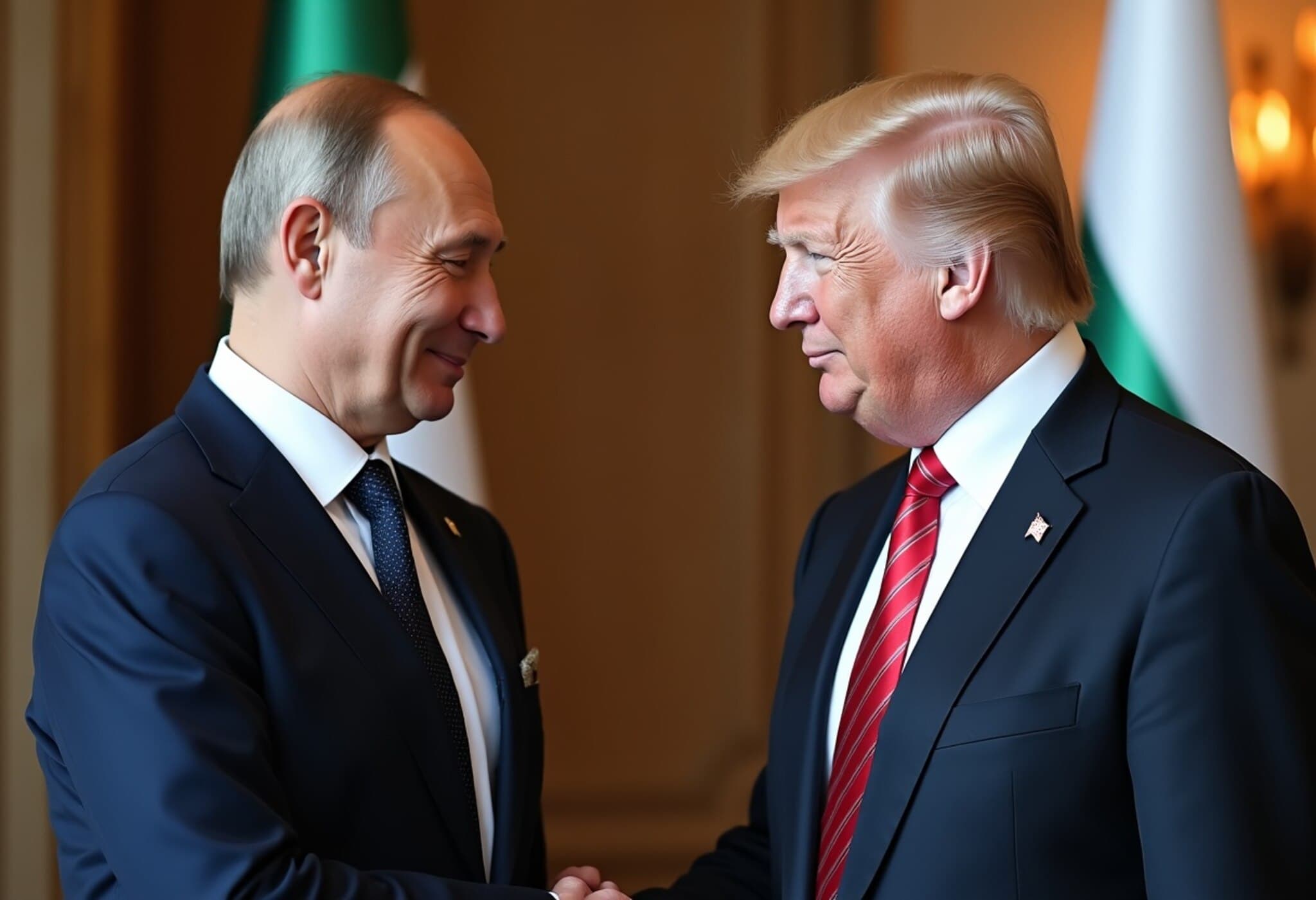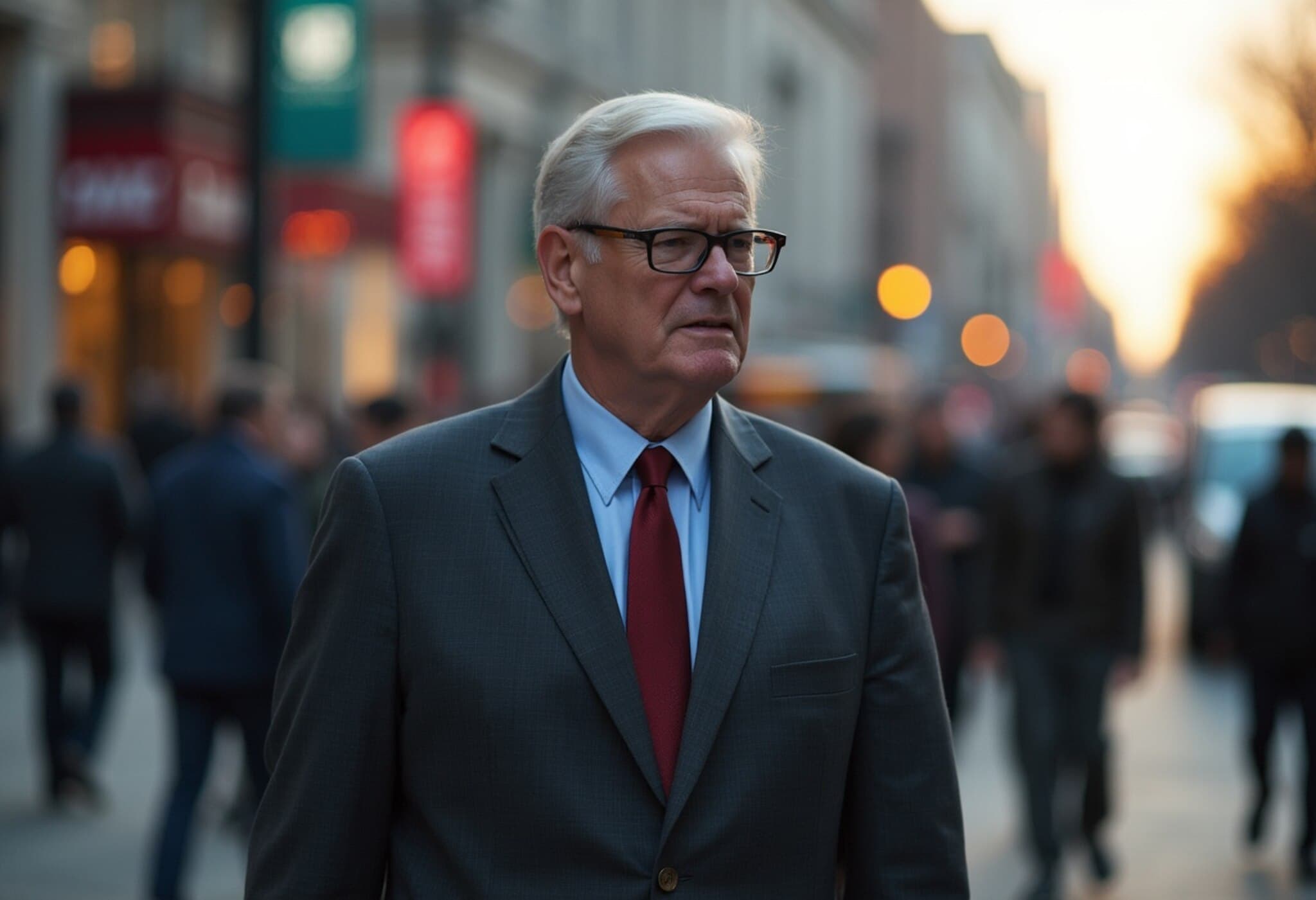Trump Candidly Describes Zelenskyy-Putin Meeting Prospects as ‘Oil and Vinegar’
In a recent statement that captures the complexities of Ukraine-Russia relations, former U.S. President Donald Trump likened the idea of a direct meeting between Ukrainian President Volodymyr Zelenskyy and Russian President Vladimir Putin to "mixing oil and vinegar." The metaphor underscores the deep-rooted tensions and seemingly incompatible positions that have thwarted diplomatic progress amid the ongoing conflict.
Background: Trump’s Attempt to Facilitate Dialogue
Earlier this week, Trump announced plans to set up a direct meeting between the two leaders. This initiative was discussed while Trump met with Ukraine’s European allies at the White House, signaling a desire to pursue diplomatic pathways outside mainstream channels. German Chancellor Friedrich Merz later confirmed awareness of these plans, highlighting the international dimension of this effort.
Trump’s Perspective on the Meeting
When pressed about the feasibility of a dialogue between Putin and Zelenskyy, Trump expressed skepticism but retained a cautious optimism, stating, "We’re going to see if Putin and Zelenskyy will be working together, you know, that’s like oil and vinegar, a little bit." While acknowledging the profound hostility, he emphasized the importance of dialogue without direct U.S. involvement if possible: "And then we’ll see whether or not I would have to be there. I would rather not."
Trump also condemned the ongoing violence, lamenting the heavy human toll with an estimated 7,000 casualties, calling the continuation of fighting "very stupid."
Russian and Ukrainian Responses: Reality Check on Dialogue Prospects
Despite Trump’s outreach efforts, the Kremlin and Kyiv have remained publicly distant from prospects of bilateral talks. Russian Foreign Minister Sergei Lavrov bluntly stated that "no meeting" was currently planned, reflecting Moscow’s reservations and strategic calculations.
Lavrov added that while President Putin is "ready to meet Zelensky" contingent upon a mutually agreed agenda, such an agenda is “not ready at all.” He further questioned Zelenskyy’s legitimacy, echoing the Kremlin’s longstanding narratives aimed at undermining Ukraine’s government.
On the other hand, Zelenskyy and Ukrainian officials have accused Russia of deliberately prolonging the conflict, casting doubt on Moscow’s commitment to peace talks.
Expert Analysis: The Challenge of Mending Deep Divides
Political analysts note that Trump’s metaphor rings true in the context of the Ukraine-Russia war, where historical grievances, geopolitical ambitions, and national identities collide. The analogy of oil and vinegar aptly represents the difficulty of blending fundamentally opposed interests peacefully.
- Geopolitical Reality: Russia’s invasion and Ukraine’s resistance have hardened attitudes on both sides, diminishing political space for compromise.
- International Stakes: European and U.S. allies remain cautiously supportive of Ukraine, complicating any direct bilateral engagement without broader multilateral frameworks.
- Humanitarian Cost: The ongoing loss of life fuels animosity and suspicion, undermining trust—a crucial ingredient for successful negotiations.
The stalemate illustrates the challenges facing any mediator, including previous U.S. administrations and international organizations, in bringing conflicting parties to the table in a meaningful way.
Looking Ahead: What Could Break the Deadlock?
While direct talks remain elusive, some experts suggest that incremental confidence-building measures—such as localized ceasefires or humanitarian corridors—could pave the way for broader discussions. Alternatively, increased diplomatic engagement through indirect channels or multilateral forums may help de-escalate tensions.
Ultimately, the road to peace requires political will rooted in pragmatic assessments of interests and security guarantees, beyond rhetorical posturing.
Key Questions Remaining
- Can third-party actors, including the U.S. and European allies, exert effective pressure while respecting Ukraine’s sovereignty?
- What role might shifting international alliances and economic sanctions play in incentivizing dialogue?
- How will domestic politics within Russia and Ukraine influence their leaderships’ openness to negotiation?
Editor’s Note
The metaphor of oil and vinegar encapsulates more than just personality conflicts—it symbolizes deeply entrenched geopolitical divides that defy simple reconciliation. As the world watches this tragic conflict unfold, the question remains: how long can the bitter mixture persist before a new recipe for peace emerges? Observers should closely monitor diplomatic channels, leadership shifts, and on-the-ground realities that may yet alter this complex equation.

